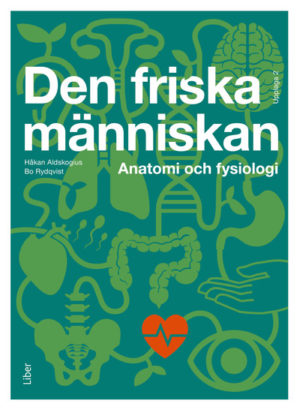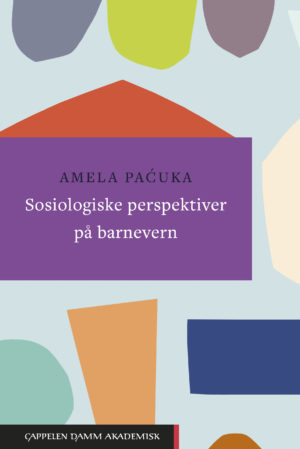
The Swedish Abortion Pill: Co-Producing Medical Abortion and Values, ca. 1965–1992
Kategorier: Etiska frågor och debatter Etiska frågor: abort och födelsekontroll Historia Historia och arkeologi Historia: särskilda händelser och ämnen Medicin och omvårdnad Medicin: allmänt Medicinhistoria Samhälle och kultur: allmänt Samhälle och samhällsvetenskap Sociala och etiska frågor Socialhistoria och kulturhistoria
The Swedish Abortion Pill: Co-Producing Medical Abortion and Values, ca. 1965–1992
Kategorier: Etiska frågor och debatter Etiska frågor: abort och födelsekontroll Historia Historia och arkeologi Historia: särskilda händelser och ämnen Medicin och omvårdnad Medicin: allmänt Medicinhistoria Samhälle och kultur: allmänt Samhälle och samhällsvetenskap Sociala och etiska frågor Socialhistoria och kulturhistoria
Beginning in 1965, Swedish researchers clinically tested compounds on pregnant women, hoping to induce abortion. This dissertation follows abortion pill research in Sweden by concentrating on clinical trial practices in the period between 1965 and 1992. An intricate web of actors is highlighted, showing collaboration between state institutes, pharmaceutical companies, non-profit organizations, media, researchers, and trial participants. Using perspectives from science and technology studies and by introducing the concept of abortion scripts, the book traces how abortion was made in these expanding research networks. Whereas earlier scholarship has focused on contraceptive pills, intrauterine devices, and emergency contraceptives, this dissertation shows how abortion pills also contested reproductive concepts during the mid-20th century. Abortion pill research challenged reproductive boundaries, moved medical procedures from the hospital to the home, and expanded family planning initiatives.
As abortion access impacts people’s reproductive choices, it is important to understand how concepts of abortion are made. The Swedish Abortion Pill maps a multitude of abortion scripts, detailing both change and continuity over time and makes visible the extent of the practical work that went into the development of medical abortion. While the technology is often attributed to research done by French researchers, this study reveals that decades of work in Sweden also contributed to the success of abortion pills.






